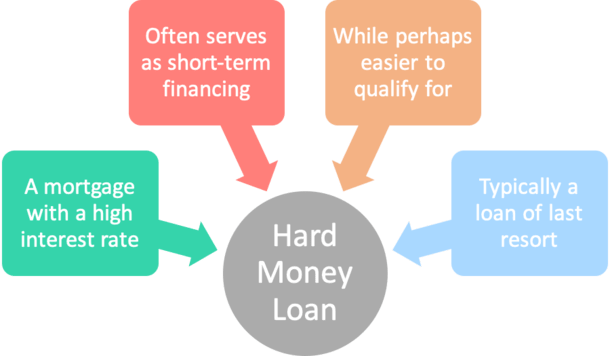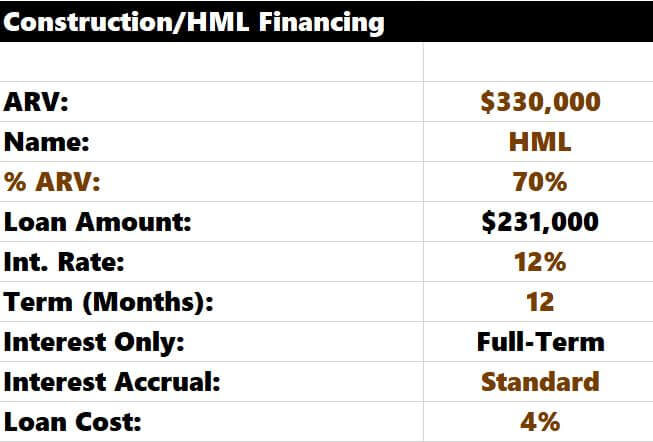Hard money loans are a popular financing option for individuals who are unable to secure traditional bank loans due to factors such as poor credit history or the need for quick funding. These loans are typically provided by private lenders and are secured by real estate properties. Understanding the typical loan terms for hard money loans is crucial for borrowers as it helps them make informed decisions about their borrowing options. This article will provide a comprehensive overview of the usual loan terms associated with hard money loans, including interest rates, loan-to-value ratios, and repayment periods.
What Are The Usual Loan Terms For Hard Money Loans?
When it comes to hard money loans, understanding the usual loan terms is essential. Hard money loans are a type of asset-based financing that is often used by real estate investors or individuals who need quick access to funding. Unlike traditional bank loans, hard money loans come with different terms and conditions. In this article, we will explore the various aspects of hard money loan terms, including interest rates, loan amount, loan-to-value ratio, term length, prepayment penalty, origination points, closing costs, collateral, credit score, and loan approval time.
Interest Rates
Interest rates play a crucial role in determining the cost of borrowing for hard money loans. Since hard money loans are riskier for lenders compared to traditional bank loans, the interest rates tend to be higher. On average, hard money loan interest rates range from 7% to 15%. However, it is important to note that interest rates can vary depending on the specific lender, borrower’s creditworthiness, and the perceived risk associated with the loan request.
Loan Amount
Hard money loans typically have a maximum loan amount based on the value of the underlying collateral. Lenders use the loan-to-value (LTV) ratio to determine the loan amount they are willing to offer. The LTV ratio is calculated by dividing the loan amount by the appraised value of the property. In general, hard money lenders offer loans with LTV ratios ranging from 60% to 75% of the property’s value. This means that borrowers need to have significant equity in the property to qualify for a hard money loan.
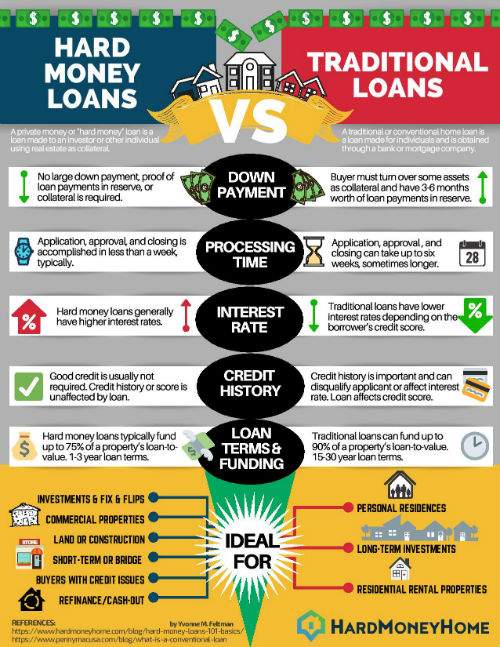
Loan-to-Value Ratio
As mentioned earlier, the loan-to-value (LTV) ratio plays a significant role in determining the loan amount. The LTV ratio shows the percentage of the property’s appraised value that the lender is willing to lend. A lower LTV ratio indicates less risk for the lender, as there is more collateral to cover the loan if the borrower defaults. Hard money lenders typically offer LTV ratios between 60% and 75%, but some lenders may consider higher ratios depending on the property type, borrower’s creditworthiness, and other factors.
Term Length
Unlike traditional loans, hard money loans have shorter term lengths. While traditional bank loans can have terms ranging from 15 to 30 years, hard money loans usually have terms ranging from six months to five years. The shorter term lengths of hard money loans are designed to provide quick and temporary financing to borrowers who need immediate funds for real estate projects or other investment opportunities. It is important for borrowers to plan their repayment strategy accordingly and be prepared to refinance or pay off the loan within the agreed-upon term.
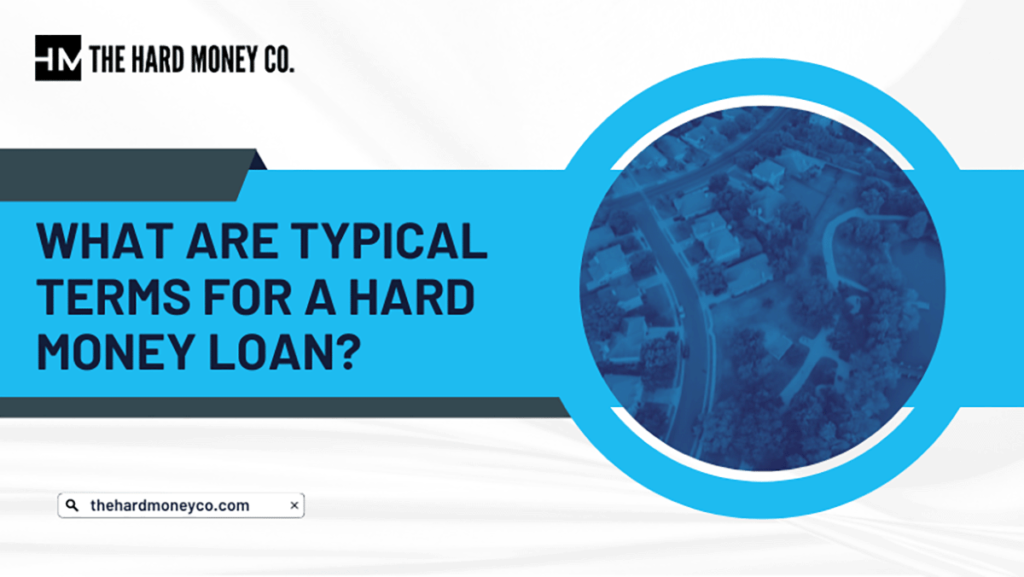
Prepayment Penalty
Some hard money loans may come with a prepayment penalty. A prepayment penalty is a fee imposed on borrowers who pay off their loan before the agreed-upon term. This penalty is designed to compensate the lender for the lost interest income. Prepayment penalties can vary depending on the lender and the specific loan terms, so it is crucial for borrowers to carefully review the loan agreement and understand the terms before deciding to pay off the loan early. Some lenders may offer loans without prepayment penalties, which can provide borrowers with more flexibility.
Origination Points
Origination points are fees charged by lenders to compensate for the administrative costs associated with processing the loan. One origination point is equal to 1% of the loan amount. For example, if a borrower takes out a hard money loan for $100,000 with two origination points, the borrower would need to pay a fee of $2,000. Origination points can vary between lenders, but it is common for hard money lenders to charge two to five origination points. It’s essential for borrowers to consider the origination points in addition to other costs when evaluating the overall cost of the hard money loan.
Closing Costs
In addition to origination points, borrowers should also consider the closing costs associated with hard money loans. Closing costs are fees that cover various expenses related to the loan closing process, such as title search, appraisal, escrow services, and legal fees. Hard money loan closing costs can range from 2% to 5% of the loan amount. It’s important for borrowers to factor in these costs when budgeting for their real estate projects or investment endeavors.
Collateral
Collateral is an essential aspect of hard money loans. Since hard money loans are asset-based, the collateral serves as security for the lender in case of borrower default. The collateral can be the property being purchased or other assets owned by the borrower. Hard money lenders typically require a first lien position on the property, meaning they have the first right to the property in case of default. The value and condition of the collateral play a significant role in the loan amount and terms offered by the lender.
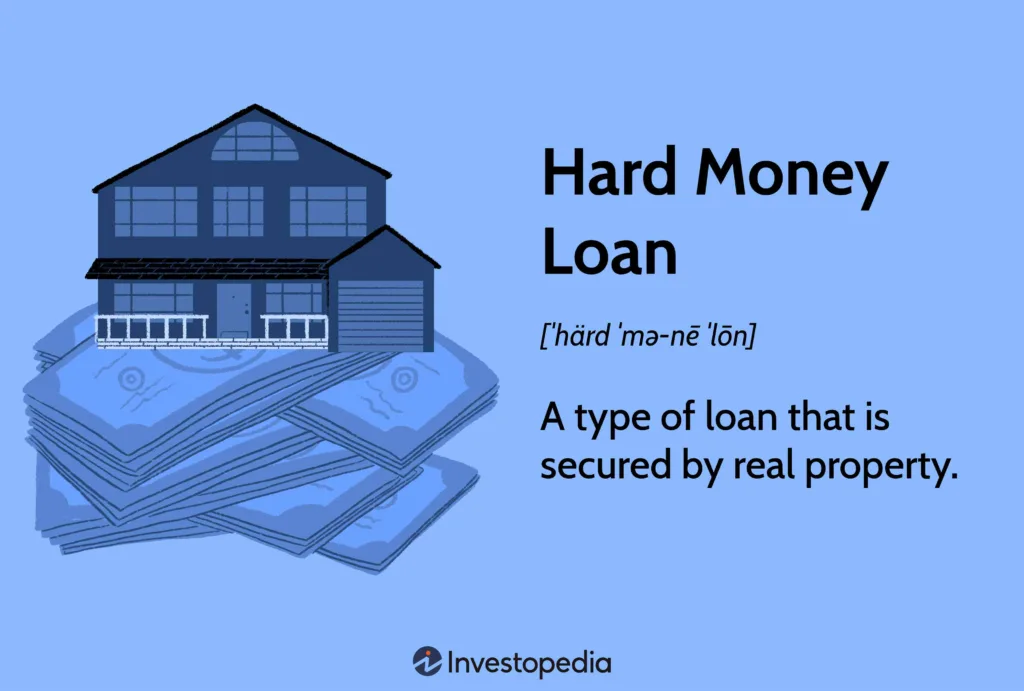
Credit Score
While traditional bank loans heavily rely on credit scores, hard money loans are more focused on the value of the collateral. However, the borrower’s credit score can still impact the loan terms and interest rates. Hard money lenders may consider credit scores to assess the borrower’s overall creditworthiness and measure their ability to repay the loan. A higher credit score can potentially lead to more favorable loan terms, including lower interest rates and higher loan amounts. However, even borrowers with lower credit scores can still qualify for hard money loans if they have substantial collateral and a viable investment plan.
Loan Approval Time
One of the advantages of hard money loans is the quick approval process. Traditional bank loans can take weeks or even months for approval, while hard money loans can be approved within days. The loan approval time for hard money loans is typically faster due to the simplified underwriting process, which focuses primarily on the value of the collateral. Borrowers should be prepared with all the necessary documents and information to expedite the loan approval process and secure financing for their investment opportunities.
In conclusion, understanding the usual loan terms for hard money loans is crucial for borrowers seeking quick and flexible financing. Interest rates tend to be higher compared to traditional loans, and the loan amount is based on the property’s value and the loan-to-value ratio. Term lengths are shorter, and borrowers should be aware of potential prepayment penalties. Origination points and closing costs add to the overall cost of the loan, while collateral and credit scores impact the loan terms. However, hard money loans offer quick approval times, making them an attractive option for real estate investors and individuals in need of immediate funding.
